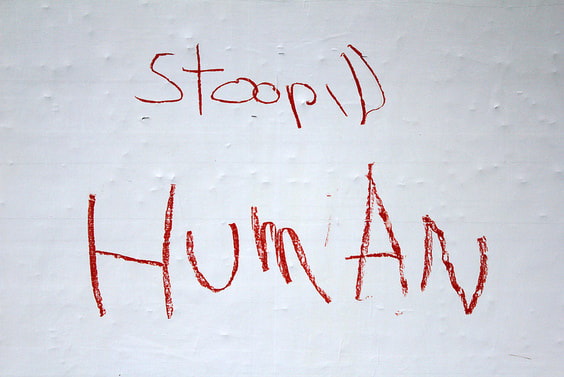The other odd thing was that, as the millennium drew to a close, my ambitions started slipping away. I cared less and less about making lots of money and having prestige companies on my client list. Writing the Great American novel no longer interested me. I still enjoyed digging in the loamy soil of my garden, but had apparently reached my limit on the number of books I cared to read about horticulture as well as the number of beds I cared to dig, fill and maintain; and that in turn meant shrugging off dreams of a garden grand enough to be featured in a slick gardening magazine.
Just as strange, I found myself in more and more conversations about spiritual topics, for the first time with people who actually believed in a Higher Power.
In the past, my discussions had been with any number of like-minded girlfriends who would agree with me wholeheartedly when I’d say, in a confidential tone, "I don’t know what I believe."
“Me neither," the girlfriend would say, sometimes adding something along the lines of, "But Buddhism is really a beautiful philosophy, don’t you think?"
“Yes, I do," I would respond, knowing absolutely nothing about it. "And I’ve always liked the Hindu people."
We would talk as if our conclusions had been the product of intense thought, and as if thought alone should be the only mental activity needed to arrive at the ultimate truth – the Hercule Poirot 'little gray cell' school of theology.
But now I was starting to speak the 'G' word with people who actually acknowledged and embraced God Almighty.
Some of our talks were pretty stressful – no doubt as much for my victim du jour as for me. I invariably brought the subject up, listened to my companion’s opinions a little, and then became irate.
Such talks would usually play out something like this:
Me: So you’re telling me that people who do all these nice things for other people and for charities are not going to heaven.
Her: I don’t know that – only God knows that.
Me: Whereas you are going to heaven. Even though you never lift a finger for anyone.
Her: That has nothing to do with it. It has to do with our faith in —
Me: So in other words, it’s a something-for-nothing scheme. The less you do for others, the more ‘in’ you are with God.
Her: No, that’s not –
Me (feeling quite murderous by then): And that doesn’t offend you?
It did not occur to me that, if this faith-before-good-works idea did turn out to be true, my taking offense at it would not have had any impact on its accuracy. I liked to think that the reason I rejected it was some innate ability to discern fact from fiction; more likely, it was just my generally contrary disposition combined with a sincere desire to keep this God of theirs at a safe distance.
(Heaven Without Her, pages 77-78)

 RSS Feed
RSS Feed